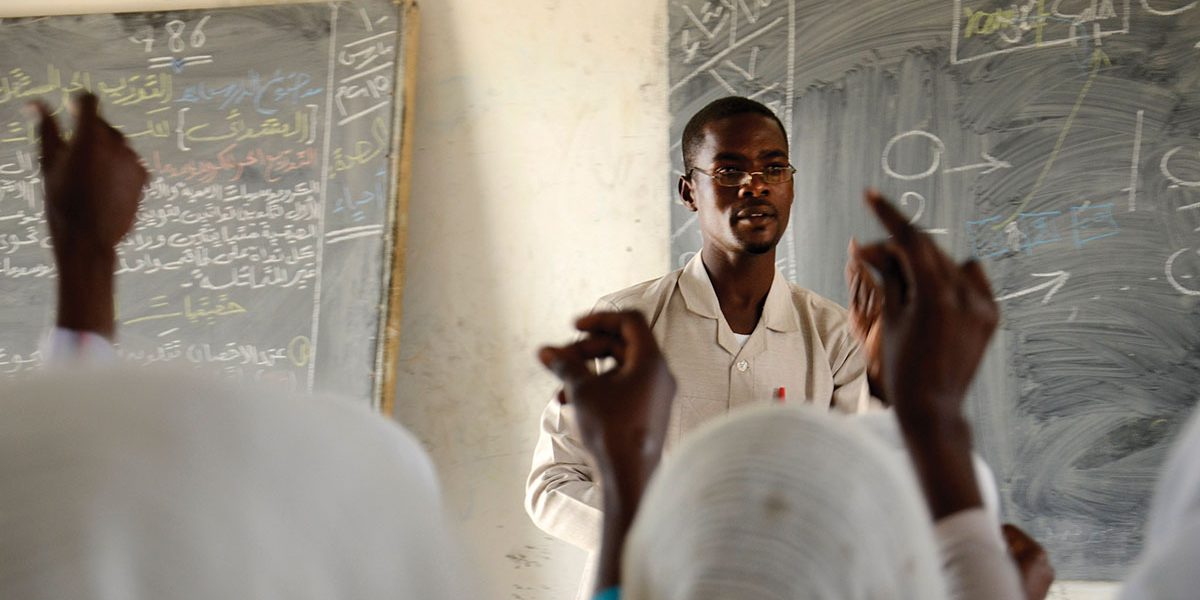Global: Putting Mercy in Motion – JRS launches education campaign for refugee children and youth
08 December 2015

On 8 December, as a concrete sign of commitment to the Jubilee Year of Mercy, the Jesuit Refugee Service (JRS) will launch the Mercy in Motion advocacy and fundraising campaign to expand and strengthen our education programmes. Our goal is to provide educational services to 100,000 more refugees than we currently do by the year 2020.
Mercy in Motion reflects the words of Pope Francis: “mercy is not an abstract idea, but a concrete reality… We are called to look beyond, to focus on the heart to see how much generosity everyone is capable of.”
For 35 years, JRS has focused on education as a means to build peace and foster the development of more resilient and cohesive societies. Funds raised by the Mercy in Motion campaign will implement the JRS Global Education Initiative, which aims to robustly expand both formal and informal education programmes – spanning from primary school to university, and including vocational and teacher training.
Pope Francis has long urged believers to welcome refugees, noting the world is currently suffering from a “globalisation of indifference,” ignoring those who cry out for mercy. Pope Francis directed JRS to undertake this Global Education Initiative during an audience with JRS staff and supporters on 14 November, saying “to give a child a seat at school is the finest gift you can give….For children forced to emigrate, schools are places of freedom.”
“As human beings, we are often at the mercy of war, of nature, of governments – of forces beyond our control. For this reason, nearly 60 million people worldwide have been forced to flee their homes, constantly moving. But for people living in motion, those who cannot take possessions can bring knowledge and change their world,” said Fr Smolich.
A quality education gives refugees the tools not only to contribute to their new communities, but also to rebuild their old ones. Refugees face a variety of barriers trying to access education, from overcrowding in schools to xenophobia in host communities. Their fundamental right to education is often lost. Among refugee children globally, only 36 percent go to secondary school and less than one percent have the opportunity to pursue a higher education.
JRS focuses serves the most vulnerable, where the need is greatest. For this reason, Mercy in Motion will focus more heavily on youth – secondary and university education, as well as vocational- and teacher-training programmes.
At the 14 November audience, Pope Francis encouraged the more than 100 JRS staff and supporters in attendance to “help refugees grow in self-confidence, to realise their highest inherent potential and be able to defend their rights as individuals and communities.” Inspired by his encouragement, JRS teams in cities and refugee camps around the world will expand existing educational programmes and make sure the potential of thousands of refugee children and young adults is not wasted.
“We must show mercy to those who are at the mercy of outside forces,” said Fr Smolich. “We must mobilise ourselves for those who are in motion.”


